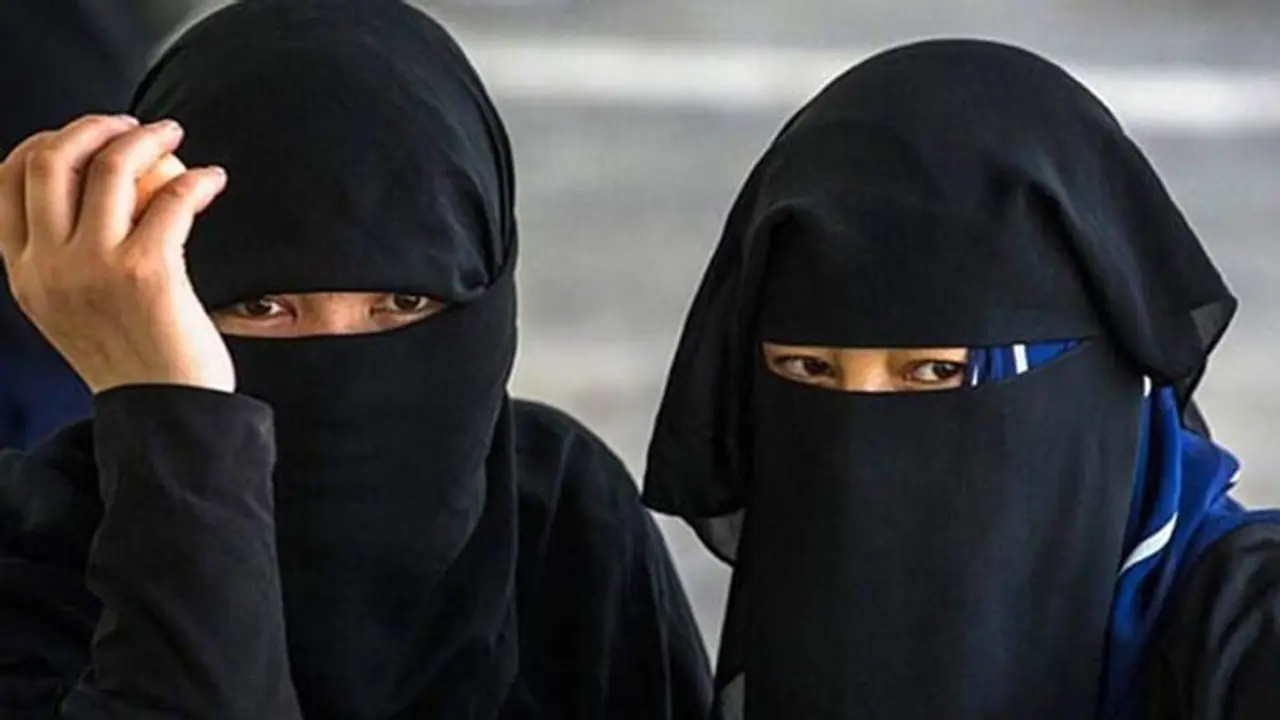The Court, however clarified that the order is confined to such institutions with respect to which concerned College Development Committees have prescribed a dress code/ uniform for the students.
A Bench of Chief Justice Ritu Raj Awasthi and Justices Krishna S Dixit and JM Khazi passed the interim order while hearing a batch of petitions filed by Muslim girl students in Karnataka claiming that they were not being allowed to enter colleges on account of the government order which effectively bans the wearing of hijab (headscarves).

“Pending consideration of all these petitions, we restrain all the students regardless of their religion or faith from wearing saffron shawls (Bhagwa), scarfs, hijab, religious flags or the like within the classroom, until further orders,” the order read as per Bar and Bench.
While the Court, however clarified that the order is confined to such institutions with respect to which concerned College Development Committees have prescribed a dress code/ uniform for the students. Hence, colleges which do not have a prescribed dress code would not be covered by the order.
Meanwhile, in the Supreme Court, the Chief Justice of India NV Ramana told senior advocate Devadatt Kamat, representing the petitioners, that he does not want to spread the issue on a larger level and declined the plea seeking urgent hearing in the matter.
The controversy over the hijab or headscarf worn by Muslim girls has escalated across India with protests and support pouring in for the Muslim students.
Several students at the Azim Premji University extended their solidarity to students in Karnataka who have been harassed based on the hijab issue. “We stand in solidarity with these students who have been harassed by mobs and denied education based on their attires (religious or otherwise). Such incidents have the potential of creating institutionalized discrimination based on gender, religion, caste, etc,” the students wrote in a signed letter.
